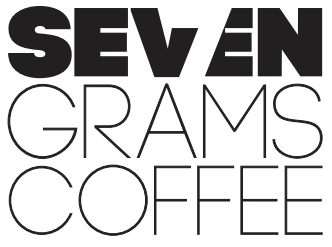Blog
Yemen Coffee
Yemen has a coffee traditions spanning over five hundred years back in history. It is correctly called Yemen Mocha, which often causes confusion for even the most well-versed coffee lover. The name originates from the ancient port of Mocha, which used to receive ship-loads of coffee some five hundred years ago. As such, the name has remained. You may be wondering then, where the name Mocha coffee comes from, if all it really seems to entail is adding chocolate to your coffee drink.
True Yemen Mocha is a dry-processed coffee, usually called either Mattari or Sanani. Almost all Yemenite coffee are derived from an ancient variety of coffee Arabica beans, which are unique to the region. This adds to the full-bodied depth that this coffee blend offers the drinker. Yemenite coffee is often equated with the taste of chocolate, nuts and sweet spices. Hence the western adaptation of the term Mocha, to mean coffee and chocolate combined.
Yemen Mocha is grown using age-old methods, in the mountains of Yemen at the southwestern yip of the Arabian Peninsula. The coffee trees are planted on yards of semiarid soil, above ancient stone villages whose part is still played in the whole dry-roasting process.
Needless to say, coffee from Yemen, in all its varieties, is some of the most traditional coffee in the world, in terms of how it is grown, how it is processed, and how it is prepared for drinking. It is certainly a must for every coffee aficionado. And in order to enjoy it properly, it should be sweetened throughout- at the disappointment of those true coffee fanatics who will only drink coffee neat.
